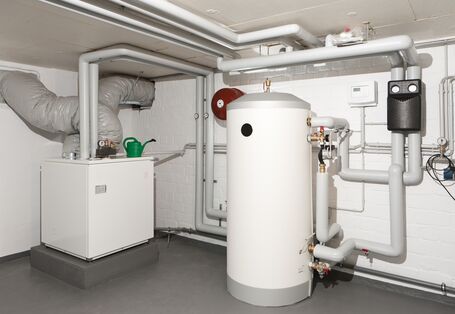Commercial Refrigeration

Commercial refrigeration systems are used to keep goods fresh and deep-frozen, especially foodstuffs, but also flowers and pharmaceutical products. They are installed, for example, in specialist food retailers and in catering applications. Nowadays, climate-friendly solutions with natural refrigerants are available for all system technologies.




